Mental Health Awareness Month Resources & Books
May is Mental Health Awareness Month. Below you'll find some books related to mental health that we have here at the Duxbury Free Library. And the next time you're in the library, check out our Mental Health Awareness Month display.
Mental Health Books
Nobody's Normal: How Culture Created the Stigma of Mental Health by Roy Grinker
The Mindful Way Through Depression: Freeing Yourself From Chronic Unhappiness by J. Mark Williams
A Cure for Darkness by Alex Riley
Depression: Insights and Tips for Teenagers by Christie Cognevich
The 10-Step Depression Relief Workbook by Simon Rego
The Anxiety First Aid Kit by Rick Hanson
Heads Up: Changing Minds on Mental Health by Melanie Siebert
Collateral Damage: The Mental Health Effects of the Pandemic by Carla Mooney
The Healthy Mind Toolkit by Alice Boyes
A New Understanding of ADHD in Children and Adults by Thomas Brown
Pockets Full of Rocks by Yair Engelberg
Resources
1-800-273-8255 (TALK)
1-866-615-6464
508-830-0012
617-704-6264
413-246-9675
617-624-5111
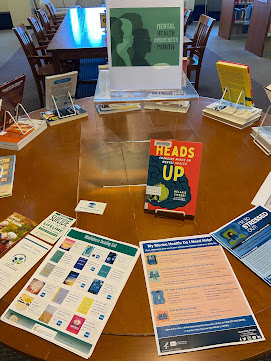

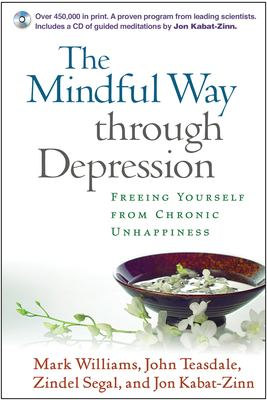







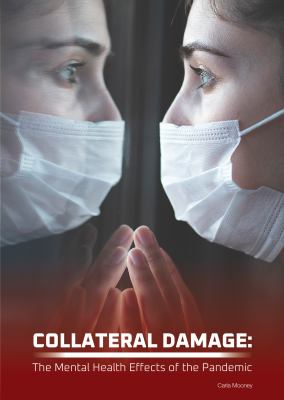
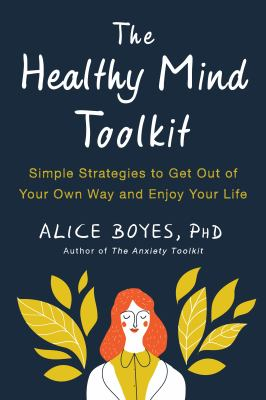



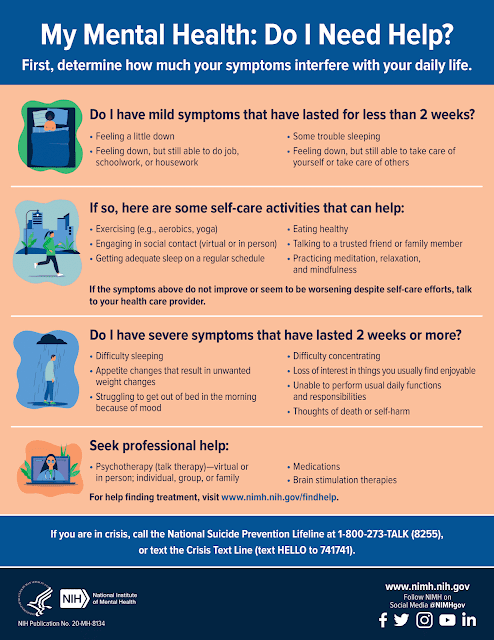

Comments
Post a Comment